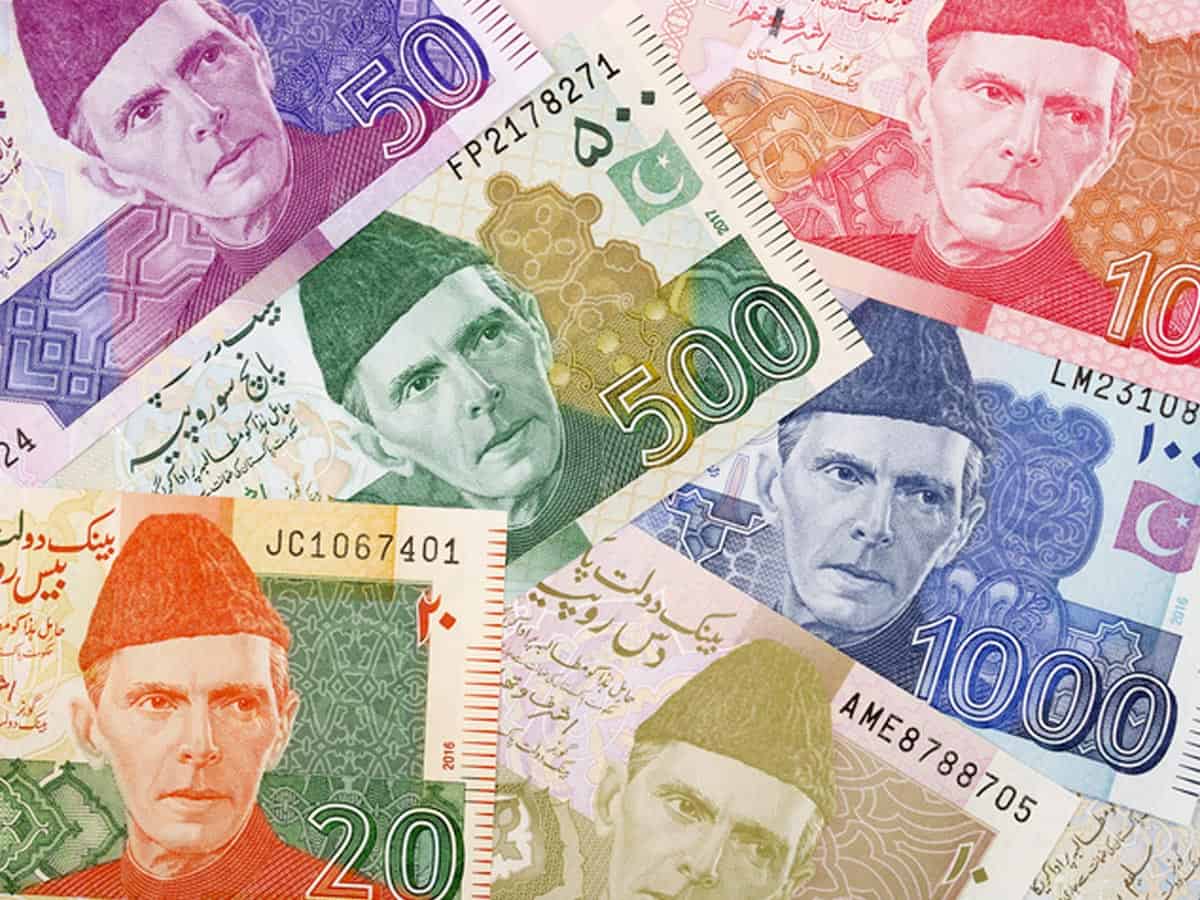
Karachi: Pakistan’s volatile rupee (PKR) became the “worlds best performing currency” in the week that ended on October 7, as it made the largest gain of 3.9 per cent over five working days to 219.92 PKR to a dollar on expectation of significant foreign currency inflows.
“The rupee remained the best performing currency on a week-on-week basis,” The Express Tribune quoted Arif Habib Limited Head of Research Tahir Abbas as saying.
Friday was the 11th consecutive working day for the Pakistan rupee when it maintained the winning streak since the current Finance Minister Ishaq Dar announced his return to to the country by ending a five-year self-exile last month.
Apparently, after taking over, Dar resumed his old policy of protecting the rupee against the onslaught of the US dollar.
He found the rupee undervalued at July’s all-time low of nearly 240 to a dollar and suspected the manipulation of the rupee value by commercial banks to serve vested interests. A probe in this regard is underway.
Speculation is rife that the rupee will resume its downturn in the backdrop of strengthening US dollar against many major world currencies, bouncing back of global crude oil prices to above $90 per barrel, fears of recession in Europe, drop in Pakistan’s foreign currency reserves and no significant increase in the country’s exports, according to experts.
Earlier, the domestic currency remained highly volatile since March this year as it somersaulted from the world’s best performing currency to become the worst and again became the best performing in the past seven days.
Before Dar’s return, the rupee lost almost 12 per cent in 15 successive working days to an all-time low of around 240 PKR in late July on increased risk of default on debt repayment, for instance, in the case of $1 billion Sukuk maturing on December 5, 2022.
Dar also partially blamed his predecessor Miftah Ismail’s policies for the mess in the domestic economy.
Ismail, however, had been praised earlier for taking tough decisions to steer Pakistan away from the risk of default and persuade the IMF to resume its loan programme, The Express Tribune reported.



